Vinegar contaminated with anti-freeze was suspected of causing the deaths of 11 people who ate an evening feast during the ongoing Ramadan holiday in a Muslim area of China.
Local police told state media that vinegar stored in two plastic barrels that had previously contained anti-freeze was thought to be the cause of mass poisoning after 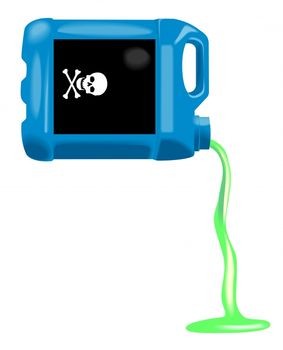 about 150 people ate together on Friday evening in a remote village in Pishan county in the western region of Xinjiang.
about 150 people ate together on Friday evening in a remote village in Pishan county in the western region of Xinjiang.
Investigations were continuing and toxicity tests had still not confirmed the source of the poisoning, the official Xinhua news agency quoted a police statement as saying.
The statement said about 120 people were poisoned with one person still in critical condition by Monday.

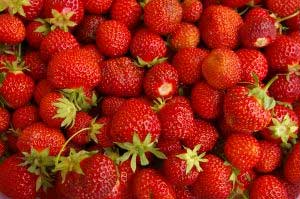 strawberries are no longer on the market. Jaquith sold its strawberries to buyers who then resold them at roadside stands and farmers’ markets.
strawberries are no longer on the market. Jaquith sold its strawberries to buyers who then resold them at roadside stands and farmers’ markets..jpg) this bacteria on them. If hands are not washed or if they depend on just the sanitizer, that can be not a good thing."
this bacteria on them. If hands are not washed or if they depend on just the sanitizer, that can be not a good thing."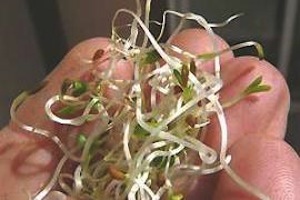 Germany and one focused around the French city of Bordeaux.
Germany and one focused around the French city of Bordeaux. 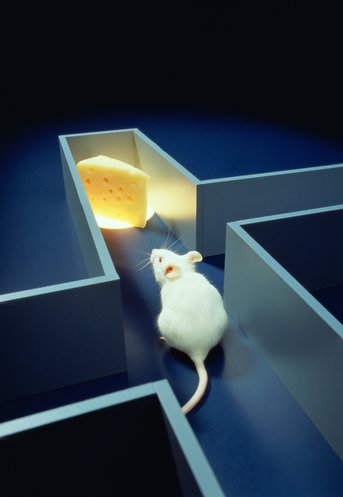 source of the outbreak. It said 33 Austrian stores were affected.
source of the outbreak. It said 33 Austrian stores were affected.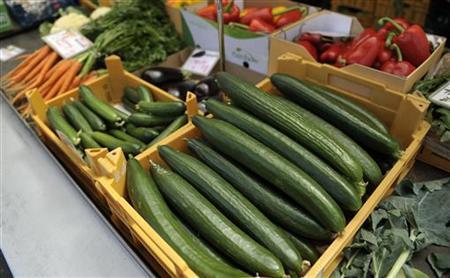 Cornelia Pruefer-Storcks.
Cornelia Pruefer-Storcks.